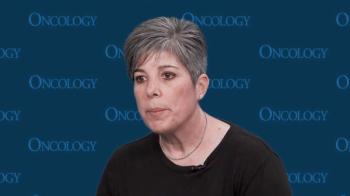
One role of a physician assistant is to help patients understand their treatment and the results they’re presented with.

Your AI-Trained Oncology Knowledge Connection!


One role of a physician assistant is to help patients understand their treatment and the results they’re presented with.

Blinatumomab has been granted full approval by the FDA for patients with B-cell acute lymphoblastic leukemia and minimal residual disease of 0.01% or more.

The new drug application for imetelstat is based on findings from the phase 3 IMerge trial, in which the telomerase inhibitor outperformed placebo in the treatment of transfusion-dependent anemia.

Investigators of a retrospective study suggest that reducing myelosuppression may make chemotherapy safer and reduce the need for supportive care among those with extensive-stage small cell lung cancer.

An expert panel reviews the management of toxicities, genetic testing, and other topics in colorectal cancer.

Patients with HRR-mutant metastatic castration-resistant prostate cancer can now receive treatment with talazoparib and enzalutamide following the regimen’s approval by the FDA.

An updated analysis from the phase 3 ADAURA trial reports no significant changes in osimertinib’s safety profile in non–small cell lung cancer since the primary analysis.

Ashley E. Rosko, MD, recaps a recent panel discussion on treatment options for multiple myeloma, and discusses the disease space more generally.

Combining brentuximab vedotin with chemotherapy appears to significantly reduce the risk of death compared with chemotherapy alone among patients with advanced Hodgkin lymphoma.

A Satellite Sessions program panel at the University of Texas MD Anderson Cancer Center discusses topics in multiple myeloma including the selection of triplet vs quadruplet treatment regimens and optimizing outcomes in the maintenance setting.

Experts from University of California, Los Angeles Health and Mayo Clinic discuss key data presented at the 2023 American Society of Clinical Oncology (ASCO) Annual Meeting in the gynecologic and gastrointestinal cancer spaces and how they may impact patient care.

Following safety reports of bleeding events after treatment with upifitamab rilsodotin among patients with platinum-sensitive ovarian cancer, the FDA places a partial clinical hold on enrollment for the UP-NEXT and UPGRADE-A trials.
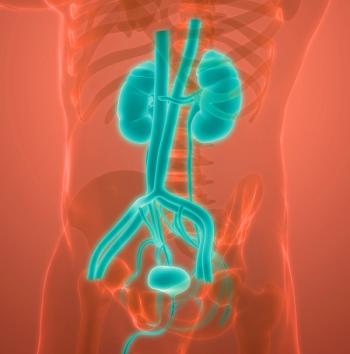
Kirollos S. Hanna, PharmD, BCPS, BCOP, FACCC, offers a perspective on a clinical quandary published recently in the journal ONCOLOGY.

Thought leaders from various institutions offered their closing thoughts the 2023 ASCO Annual Meeting.

“We’re starting to see a lot of benefits with targeted therapies [and] immunotherapies. Unfortunately, these [benefits] remain limited to a small subset of patients across GI [gastrointestinal] [malignant tumors]. One of the biggest challenges is how to expand those benefits to the majority of patients.”
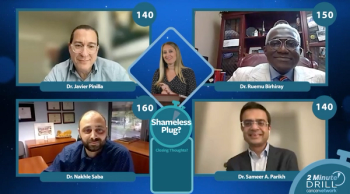
Thought leaders from various institutions offered their shameless plug the 2023 ASCO Annual Meeting.

Co-editor-in-Chief Julie M. Vose, MD, MBA, writes about the optimal ways to manage short- and long-term toxicities associated with cancer.

The accepted new drug application is for Pemrydi RTU, a ready-to-use injectable that requires no reconstitution, dilution, or refrigeration.

Thought leaders from various institutions offered their take on the biggest winner that came out of the 2023 ASCO Annual Meeting.
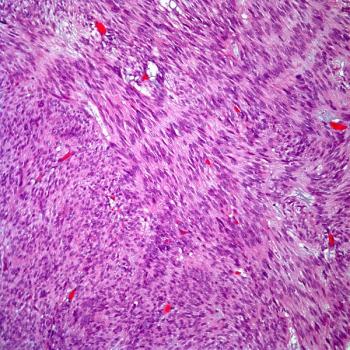
Combining pembrolizumab with trastuzumab and chemotherapy did not raise any new safety signals among patients with HER2-positive advanced gastric or gastroesophageal adenocarcinoma in the phase 3 KEYNOTE-811 trial.

Results from the phase 1/2 NP30179 analyzing glofitamab in patients with relapsed/refractory diffuse large B-cell lymphoma and large B-cell lymphoma are reported to have helped lead to its approval.

The FDA sets a Prescription Drug User Fee Act date of February 13, 2024 for NALIRIFOX as a treatment for patients with metastatic pancreatic ductal adenocarcinoma.

Thought leaders from various institutions offered their take on the trial the trial they think may need the most follow-up as a next step following the 2023 ASCO Annual Meeting.

Approval of the Droplex EGFR Mutation Test v2 may improve access to appropriate targeted therapies for patients with EGFR-mutated non–small cell lung cancer in Korea.
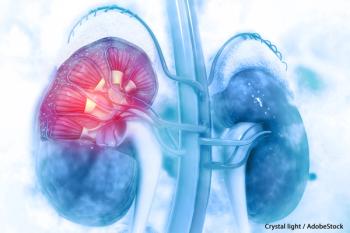
Data from the phase 2 KEYNOTE-B61 trial indicate that pembrolizumab plus lenvatinib’s safety profile in the first-line treatment of patients with non-clear cell renal cell carcinoma is safe and manageable.

A retrospective analysis of more than 17,000 patients with hematologic malignancies identified a difference in median survival between patients who received palliative care in addition to hematopoietic stem cell transplantation and those who didn’t.
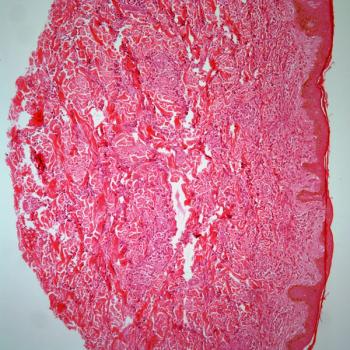
Investigators pause their evaluation of SC-DARIC33 in pediatric relapsed/refractory acute myeloid leukemia following a grade 5 serious adverse effect in the phase 1 PLAT-08 trial.
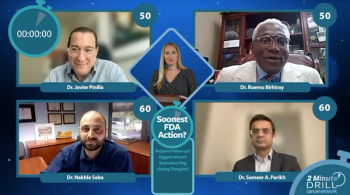
Thought leaders from various institutions offered their take on the trial they think may lead to the next FDA approval following data that were presented at the 2023 ASCO Annual Meeting.

Thought leaders from various institutions offered their take on the most practice-changing trial that came out of the 2023 ASCO Annual Meeting.

Adverse effect management is a concern for clinicians when administering follicular lymphoma treatment, and the use of targeted pathways may help mitigate them.